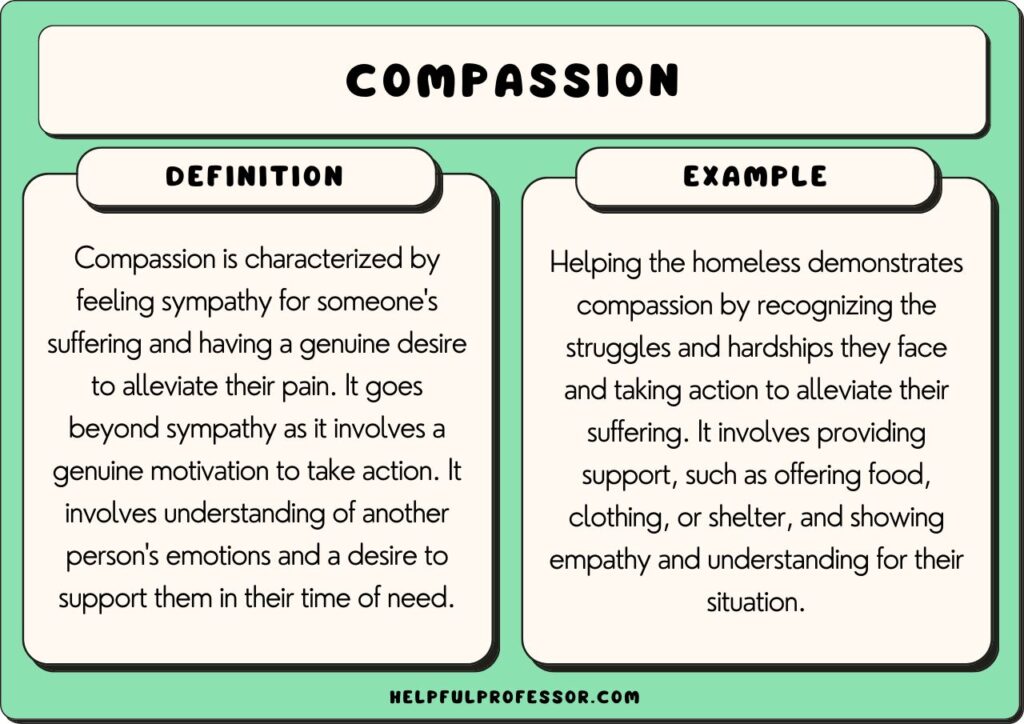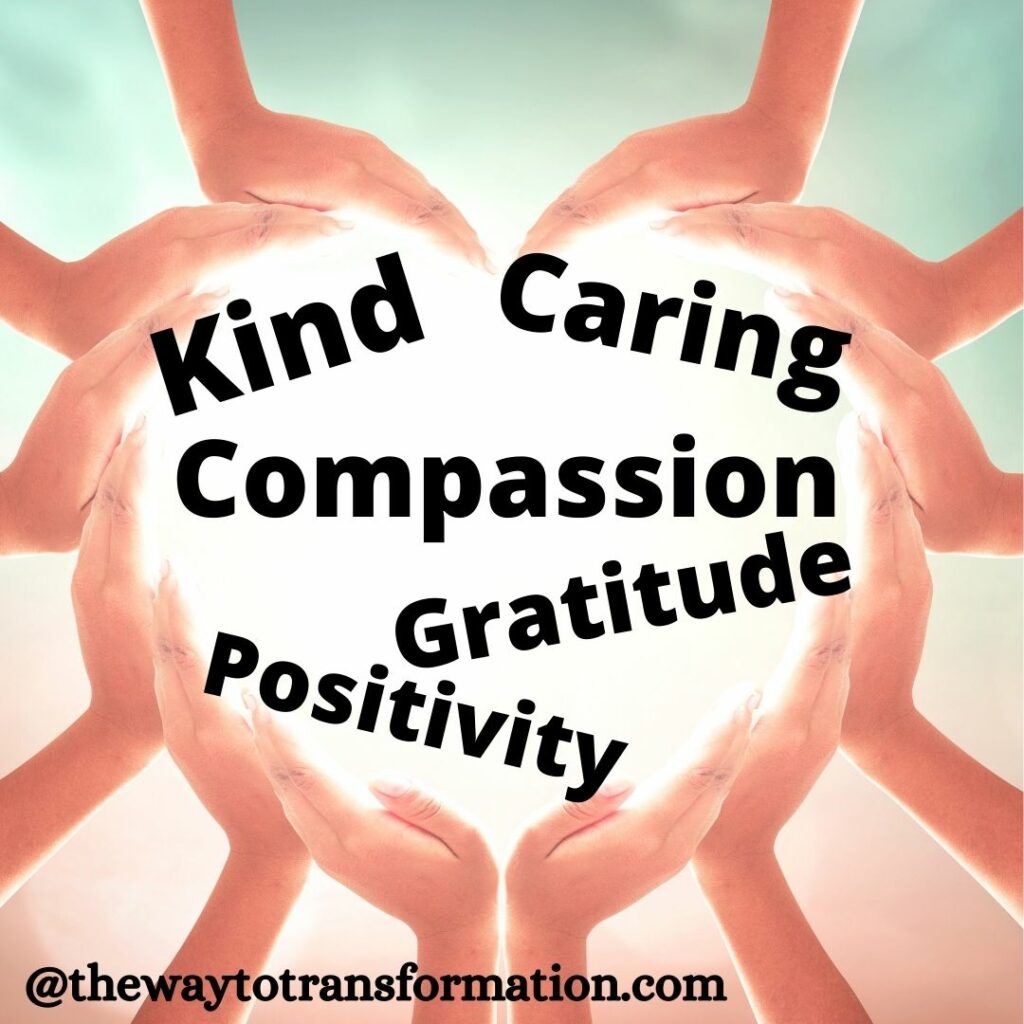A Story of Compassion and the Importance of Perspective
Focusing on Our Shared Humanity
This story shows how shared compassion can overcome differences. Abhishek offered food to a hungry child without concern for background. Though wanting a notebook, not food, he understood the child’s need and helped further. Despite hardships, the child focused on learning - showing perseverance we should all strive for. While circumstances separated them, Abhishek saw their shared humanity. He took time from his day to ensure the child had means to an education - a basic right too many lack. His small acts meant the world to that child. Each of us possesses power to brighten another’s day through kindness.

The Deeper Message Behind Surface Actions
This teacher’s story highlights how quickly we judge without understanding contexts. Students assumed the wife’s reaction but the boy saw her priority was their child’s care. We often focus on surface disputes between groups but overlook deeper human emotions tying us. The diary revealed the father’s wish to stay with his ill wife but knowing their daughter needed him, made the difficult choice out of love. His priority was ensuring her care even after both parents were gone. Difficult decisions are rarely black and white - circumstances shape even those who make them. The moral is to avoid surface judgments and consider multiple perspectives. As with the parents in the story, appearances rarely reflect full complexities of people’s lives and motivations. Understanding others begins by acknowledging we cannot know everything about their experiences.
Perspective is Key
Randeep Hooda’s post highlights how perspectives differ and are shaped by various factors. Where some see threats, others see harmony. Focusing on social media debates risks amplifying fears while real-life interactions often show coexistence. While issues exist, many live together in peace. Before judging a place, one should consider diverse lived experiences rather than selective negatives. Hooda encourages looking to daily relationships, which seldom involve the hostility some portray. Perspective is everything - the same society looks optimistic or threatening based on where one stands. Rather than debating ideologies online, real change begins with how we treat friends of all backgrounds nearby. If treating each other with basic respect fails, larger problems seem doubtful. But widespread goodwill proves societies remain united above surface conflicts.
The Stories’ Shared Messages
These stories convey empathy and perspective are key to solving conflicts peacefully. The child and father in stories prioritized others’ care despite own hardships, finding humanity in seemingly opposing “sides.” Randeep Hooda’s post urges acknowledging multiple perspectives rather than amplifying selective fears. Real change stems from focusing less on online debates and more on treating friends of all backgrounds with kindness daily. Minor acts of compassion, as with Abhishek helping the child learn, can profoundly impact individuals while reflecting our shared humanity. And considering life’s full complexities before judging actions or people, as the teacher’s story shows, helps overcome surface conflicts and find unity. If cultivating empathy and seeking to understand others’ experiences, perhaps feared “threats” diminish and cooperation strengthens. These stories offer timely messages of finding shared hopes over perceived differences.
The Ripple Effects of Small Kindnesses
Acts of compassion, even those seeming inconsequential, can create significant ripple effects. The teacher’s story shows how a father’s difficult choice ultimately ensured his daughter’s care and upbringing, shaping her entire life.
Similarly, Abhishek helping the hungry child obtain means to learn had profound impact. That child left filled with joy and motivation, perhaps affecting his development and future interactions. Small kindnesses resonate beyond surface levels.
Randeep Hooda’s perspective encourages each of us reflecting on relationships with neighbors of all backgrounds. If cultivating goodwill and inclusion daily, larger societies naturally strengthen. But changes start from individual acts of understanding, respect and empathy towards those near us, regardless of outward differences.
The future depends on present choices. May these stories inspire each of us choosing compassion over conflict and seeking to understand rather than make assumptions about others’ lives and motivations. Together, through respect for our shared humanity, we can overcome even significant challenges.
